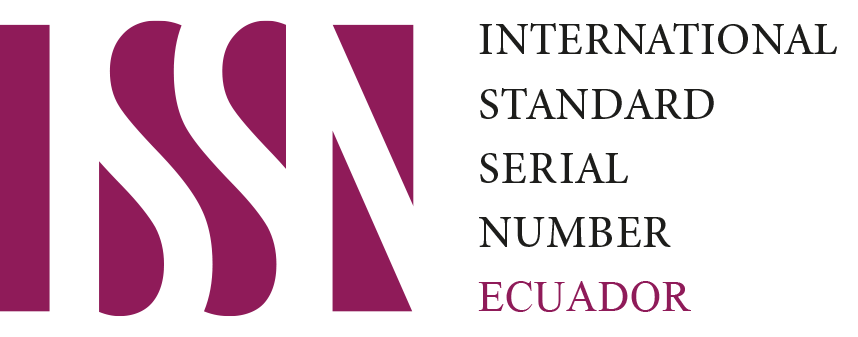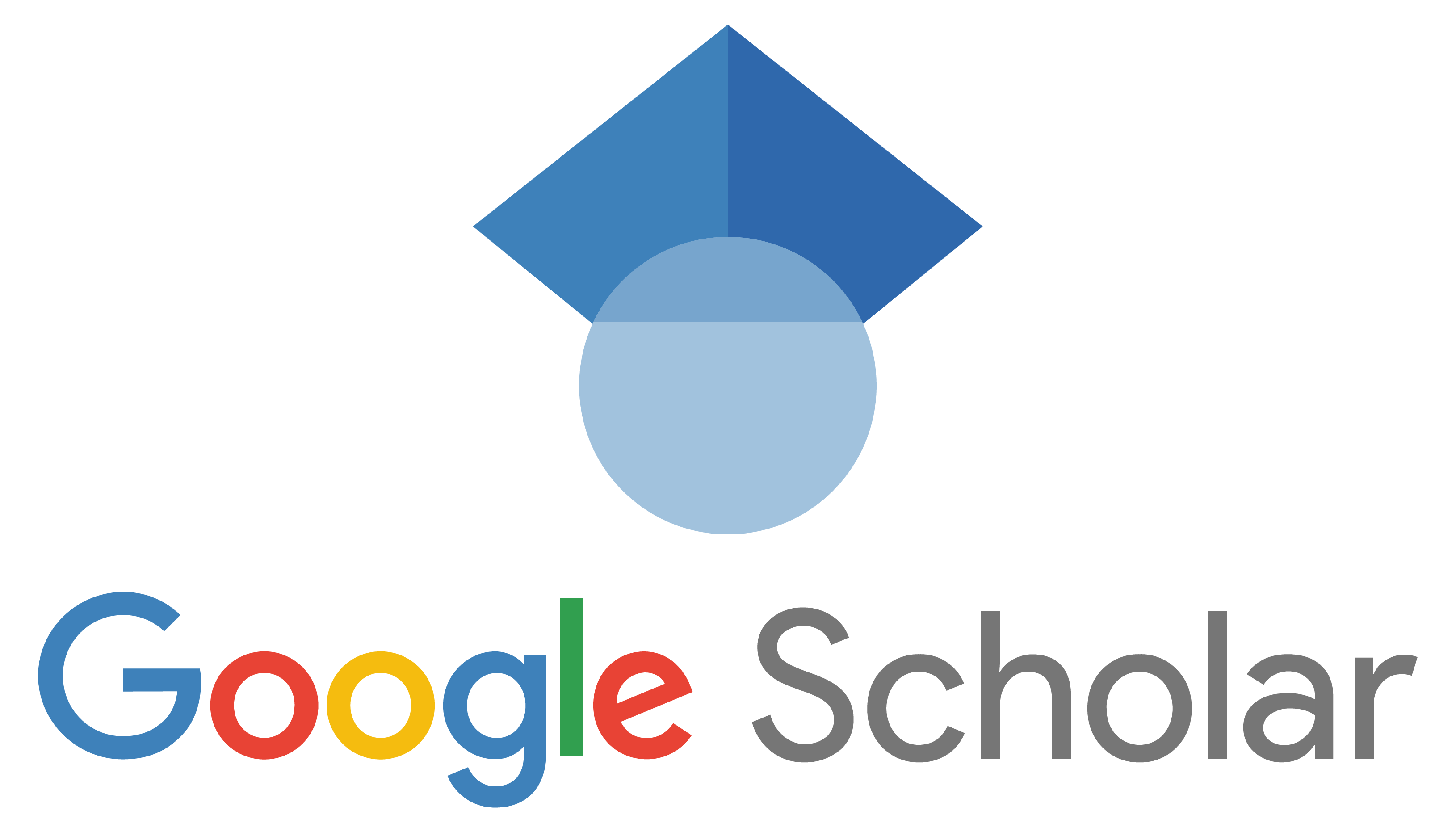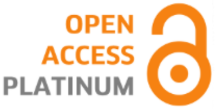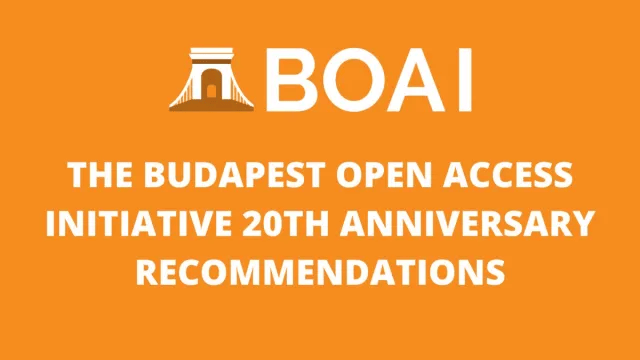Liderazgo neo-emergente desde las dimensiones del ser: una nueva visión para las universidades
DOI:
https://doi.org/10.5281/zenodo.15299441Palabras clave:
liderazgo neoemergente, gestión universitaria, autoliderazgo, transformación organizacional, humanismo.Resumen
El artículo plantea una nueva visión de liderazgo universitario en Venezuela, basado en el “liderazgo neoemergente” desde las dimensiones del ser: cuerpo, mente, emociones y espíritu. A partir del análisis de la Universidad Politécnica Territorial del Oeste de Sucre, se expone cómo, pese a una base teórica transformadora y humanista, la realidad institucional presenta involución y crisis organizacionales. Se evidencia la falta de liderazgo efectivo, desmotivación, problemas estructurales y carencia de planificación estratégica. La autora propone un liderazgo basado en autoliderazgo consciente, reforzado por la neuroplasticidad, el aprendizaje continuo y el desarrollo de habilidades duras y blandas, impulsando la gestión universitaria hacia un modelo empoderado, resiliente y humanista. Se sugiere fortalecer al talento humano mediante programas formativos integrales y equipos de apoyo interdisciplinarios, fomentando una cultura de innovación, inclusión y sostenibilidad que revitalice la universidad como sistema vivo y adaptativo.
Descargas
Referencias
Bachrach, E. (2012). Agile: Learn how your brain works to boost your creativity and live better. Conecta Publishing.
Bachrach, E. (2014). EnCambio: Learn to change your brain to change your life and feel better. Sudamericana Publishing House.
Bertalanffy, L. von. (1989). General systems theory: Foundations, developments, and applications. Economic Culture Fund. https://cienciasyparadigmas.files.wordpress.com/2012/06/teoria-general-de-los-sistemas-_-fundamentos-desarrollo-aplicacionesludwig-von-bertalanffy. pdf
Bolivarian Republic of Venezuela. (2012, April 13). Official Gazette No. 39,902. http://www.tsj.gov.ve/gaceta/gacetaoficial.asp
Camacho, H. (2000). Epistemological approaches and operational research sequences [Doctoral thesis, Universidad Rafael Belloso Chacín]. http://padron.entretemas.com.ve/Tesistas/TesisHermelinda.pdf
Capra, F. (2000). The Tao of physics. Sirio Publishing House. https://es.pdfdrive.com/el-tao-de-la-f%C3%ADsica-e59368430.html
Chiavenato, I. (2009). Organizational behavior: The dynamics of success in organizations (3rd ed.). McGraw Hill Publishing.
Clodosbaldo Russián Western Territorial Polytechnic University of Sucre. (2013). Rector’s document: Preliminary version. Cumaná, Sucre, Venezuela.
Clodosbaldo Russián Western Territorial Polytechnic University of Sucre. (2020). Organization and operations manual: Organizational structure. Cumaná, Sucre, Venezuela.
Covey, S. R. (2005). The 8th habit: From effectiveness to greatness. Paidós Publishing.
Gardner, H. (2001). Structure of the mind: Multiple intelligences. Fondo de Cultura Económica. http://biblioteca.udgvirtual.udg.mx:8080/jspui/bitstream/123456789/593/1/Estructura%20de%20la%20mente.%20teoria%20de%20las%20Inteligencias%20multiples.pdf
Goleman, D. (1996). Emotional intelligence. Editorial Kairós. http://editorialkairos.com/catalogo/inteligencia-emocional
Goleman, D. (1998). The practice of emotional intelligence. Editorial Kairós.
González, E. (2014). Organizational change toward flexible organizations: A case study at the Clodosbaldo Russián Territorial Polytechnic University of Western Sucre [Promotion work for Associate Professor rank]. Clodosbaldo Russián Territorial Polytechnic University of Western Sucre.
González, E. (2015). Territorial Polytechnic Universities of Venezuela: Towards a new communications management [Sabbatical research work]. Clodosbaldo Russián Territorial Polytechnic University of Western Sucre.
González, E. (2020). A theoretical approach to the dimensions of being in neo-emergent leadership: A perspective from university management [Unpublished doctoral thesis]. National Experimental University of the Armed Forces.
Holland, J. H. (2004). The hidden order: How adaptation creates complexity. Fondo de Cultura Económica. https://elfondoenlinea.com/Detalle.aspx?ctit=008189R
Luhmann, N. (2006). The society of society. Editorial Herder. https://circulosemiotico.files.wordpress.com/2012/10/la-sociedad-de-la-sociedad-niklas-luhmann.pdf
Martínez, M. (2006). The science and art of qualitative methodology (2nd ed.). Trillas. https://www.academia. edu/29811850/Ciencia_y_Arte_en_La_Metodologia_Cualitativa_Martinez_Miguelez_PDF
Márquez, J. (2009). New management and social transformations. Editorial Horizonte.
Maturana, H., & Varela, F. (2004). From machines to living beings: Autopoiesis, the organization of the living (6th ed.). Lumen University Press. https://es.slideshare. net/Longsthride/de-maquinas-y-seres-vivos-maturana-y-varela-1973
Morin, E. (2000). The seven necessary knowledges for the education of the future. FACES/UCV Publishing HouRicoeur, P. (2001). The living metaphor. Trotta Publishing House.
Ricoeur, P. (2006). Theory of interpretation: Discourse and the surplus of meaning. Siglo XXI Editores.
UNESCO. (1998). Higher education in the 21st century: Vision and action. World Conference on Higher Education, Paris, 5–9 October.
Valles, M. (1999). Qualitative techniques for social research: Methodological reflection and professional practice. Sociology Synthesis Editorial Project.
Vasilachis, I., et al. (2006). Qualitative research strategies. Gedisa Publishing. https://www.academia.edu/36458205/_Vasilachis_2006_Estrategias_de_Investigacio_n_Cualitativa
Zohar, D., & Marshall, I. (1997). Renewing corporate philosophy: Using the new science to reformulate, structure, and manage organizations. Centro Estudios Ramón Areces Publishing House.
Zohar, D., & Marshall, I. (2001). Spiritual intelligence: The intelligence that allows one to be creative, have values, and have faith. Plaza & Janés Editores. http://biblio3.url.edu.gt/Publi/Zohar/zohar,%20danah%20-%20inteligencia%20espiritual.pdf
Publicado
Declaración de disponibilidad de datos
Los conjuntos de datos utilizados y/o analizados durante el presente estudio están disponibles a través del autor correspondiente previa solicitud razonable.
Número
Sección
Licencia
Derechos de autor 2025 Ediyelly M. González (Author)

Esta obra está bajo una licencia internacional Creative Commons Atribución-NoComercial-CompartirIgual 4.0.


































